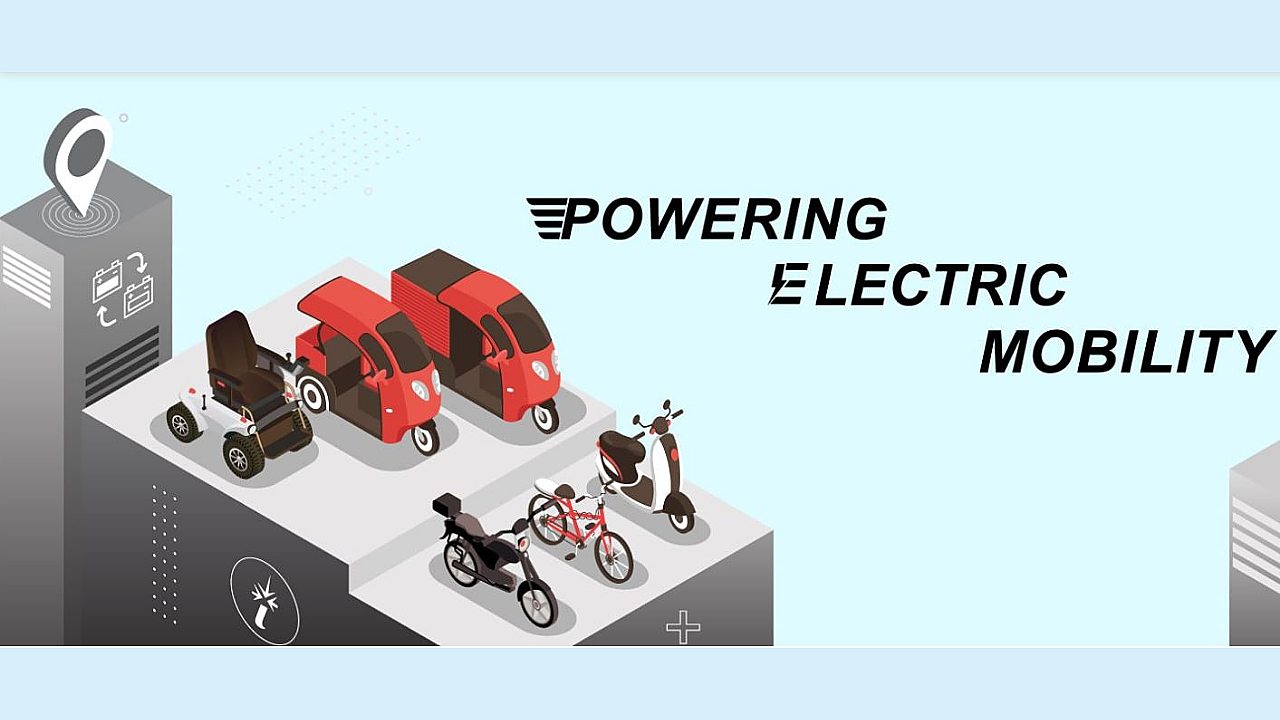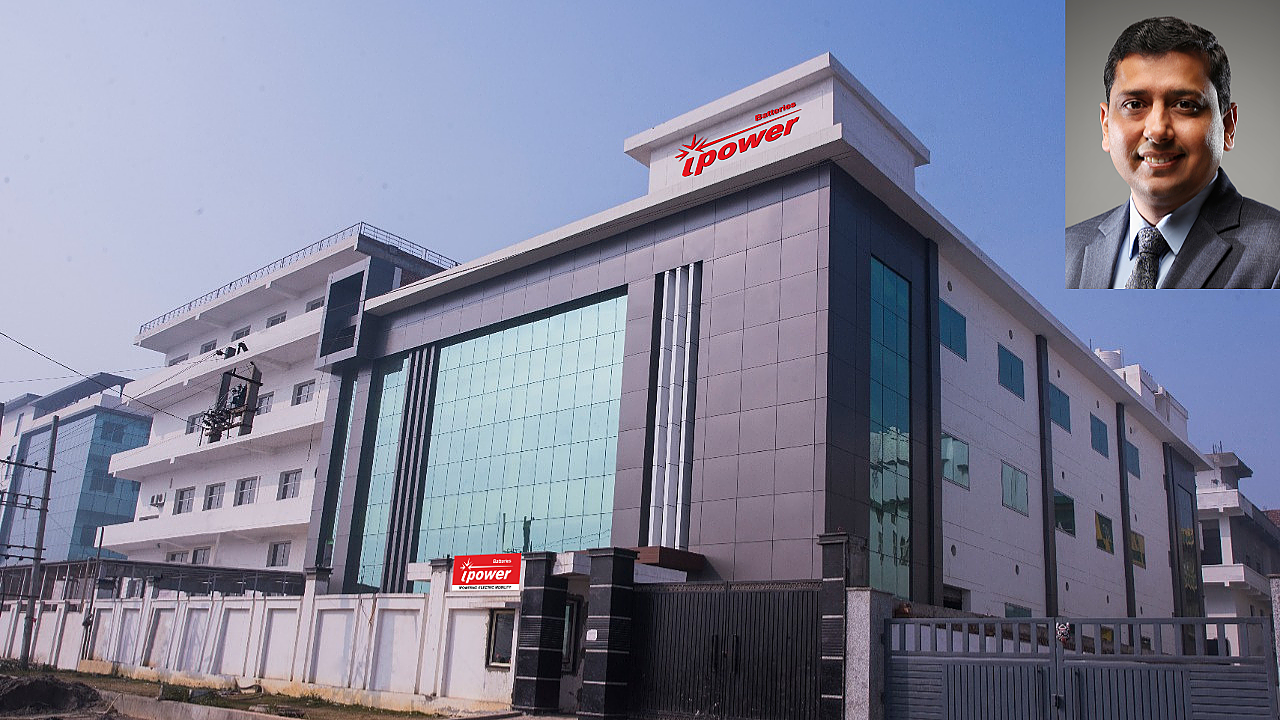
iPower Batteries has made it a goal to invest at least 5% of its revenues in R&D. The company is targeting revenue of INR 200 crore this year from the Indian market
During an interaction with Mobility Outlook, Vikas Aggarwal, Founder & CEO of iPower Batteries, said that the company's revenue in FY21 was INR 49 crore, and it grew to INR 100 crore in the following fiscal. 'We are targeting to register INR 200 crore this fiscal,' he affirmed.
A recent report from MarketsandMarkets, the global EV battery market is projected to grow at a CAGR of 25.3% till 2025, reaching $67.2 billion.
Incepted in 2019, iPower Batteries focuses on designing and selling batteries to OEMs in the two- and three-wheeler electric vehicle ecosystem. Aggarwal dedicates iPower Batteries' R&D efforts as the reason behind the success.
The company has committed to invest at least 5% of its revenues in R&D. A supplier to the likes of Okinawa, Lohia, Tejas Green, Deltic, City Life, Benling and Tunwal, iPower is currently selling Lithium Iron Phosphate (LFP) and Lithium Nickel Manganese Cobalt Oxide (NMC) batteries in India.
Three Decades Of Battery Expertise
Aggarwal knows the in and out of the battery business since 1992, as his father has been selling batteries under Computech Systems' banner since then. However, the company has registered high growth only during the last two years because of its existing connections with clients in the industry.

'My father had built great connections in the industry during the last three decades. Transition from lead-acid ones to LFP and NMC batteries was natural for us,' he said.
Computech Systems posted about INR 40 crore as revenue in FY22. Aggarwal has been managing the company's operations after his father's demise; though the transition was natural, he chose to start a new company instead of making EV batteries under the Computech Systems brand. This is because he wanted to ensure that the new brand resonates better with the new generation of EV OEMs. At the moment, iPower only supplies electric two- and three-wheeler batteries.
iPower's 85% revenues came from the two-wheeler batteries segment, while the rest came from the three-wheeler segment during FY21. It was 75% and 25% respectively in the following fiscal. Aggarwal shared that the company does not have any immediate plans to make electric four-wheelers batteries. 'Making batteries for an electric four-wheeler requires a lot of R&D. Though we have started the groundwork for the same, it will take at least two more years before we start supplying electric four-wheeler OEMs,' he added.
iPower is also testing battery applications in the robotics and mobile tower verticals. The company sees India as a huge market and has no immediate export plans till the turnover reaches INR 500 crore.
CAPA For Mistake Proofing
Mistake proofing (Poka Yoke), referred to as CAPA (corrective and preventive actions) at iPower Batteries, is another aspect that has helped the new company generate revenue, enhancing profitability. As the name suggests, it banks on CAPA to prevent mistakes and take corrective action. These are done not at the individual level but at the team and the whole system level.
'We always have two professionals from iPower stationed at facilities where the battery cells are imported from. The focus is on making sure that every battery cell we import does not fail in the standards set by us. The team also tests these cells after they are received at our facility. Not negotiating with the quality has helped us make a name for ourselves in the industry. We do not check cells and battery packs in random, instead we make sure to check every battery cell and battery pack before it is shipped to any of the OEMs,' he said.
While the company imports Lithium cells majorly from China and South Korea, it does not depend on any third party for designing batteries or battery management systems. Moreover, the company is also exploring options to source more from India. It currently uses 35% of the components sourced from within the country. Cabinets, connectors, cables, cell holders and more components are included in the list of materials that it sources from within India. It is keen on looking for local vendors and suppliers.
'Manufacturing battery cells causes a lot of pollution. Though we do not make battery cells, we try to ensure that the companies we source follow sustainable practices,' he averred.
Bright Future For LFP Batteries
Aggarwal sees a bright future for LFP batteries as they are suited for Indian conditions keeping safety and economic viability into consideration. At the same time, the company is also exploring the use-cases and probability of introducing sodium batteries as a product.
'The OEMs we are dealing with are so strong that we will be able to register more than 50% growth each year in the years to come. We have bought and installed equipment for making 500 battery packs per shift. This way we will be able to make more than 1,000 battery packs every day,' he pointed out.
The company's Sonipat facility, manned by about 150 people, currently runs two shifts and makes 250 packs per shift. It hopes to add about 100 more people soon.